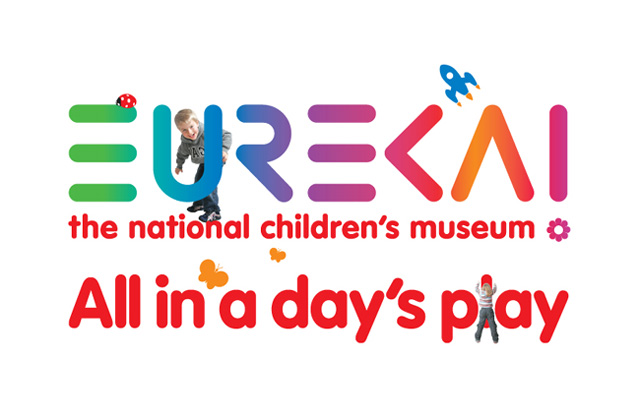Last week I was asked to speak on Radio York about whether boys and girls toys are different because of the way children want to play or the way they are nurtured. Well, my first comment was, what is a boys toy and what is a girls toy?
Having worked with young children for over 20 years and being a mother I do think there is a element of nature to the games children play but I also believe that there is a very strong influence from society. From as young as 2 children are able to recognise differences in gender and already begin to allocate roles to those genders.
If you walk into many large toyshops and supermarkets today you will come across pink aisles/areas full of toys that enable girls to act out caring roles. Then you have the other areas with action toys and scientific equipment marketed at boys. Watch adverts on children’s TV and you’ll see girls caring, boys being adventurous, parents in stereotypic gender roles. By aiming products at a specific gender they do reinforce the expected gender role, imprinting expectations of a domestic role for girls whilst their male counterparts are being equipped for much more diverse occupations. One large retailer said “When it comes to things like illustrations on product packaging, we are very much at the mercy of our suppliers” Is this acceptable or a copout?
 |
| A boy does some cooking in the Living and Working Together gallery |
At Eureka!, as in all children’s museums, we recognise the need to use the foremost years of a child’s life to set the foundations of equality and enable them to respect and value diversity. We ensure we provide positive images of people of both genders reflecting daily life, we create spaces where all children should feel welcome.
Does it matter? The news is full of good news about how well girls are doing in education, getting more jobs in previously male dominated sectors and a recent study has revealed that when it comes to work and family, men and women are more alike than different. This finding conflicts with a widely held assumption that male identity is rooted in work whereas women place a higher priority on personal/family life.
Nature? Nurture? It doesn’t matter? What are your thoughts?
Rebecca Johnson is Play and Learning Director at Eureka!
Rebecca Johnson is Play and Learning Director at Eureka!





No comments:
Post a Comment